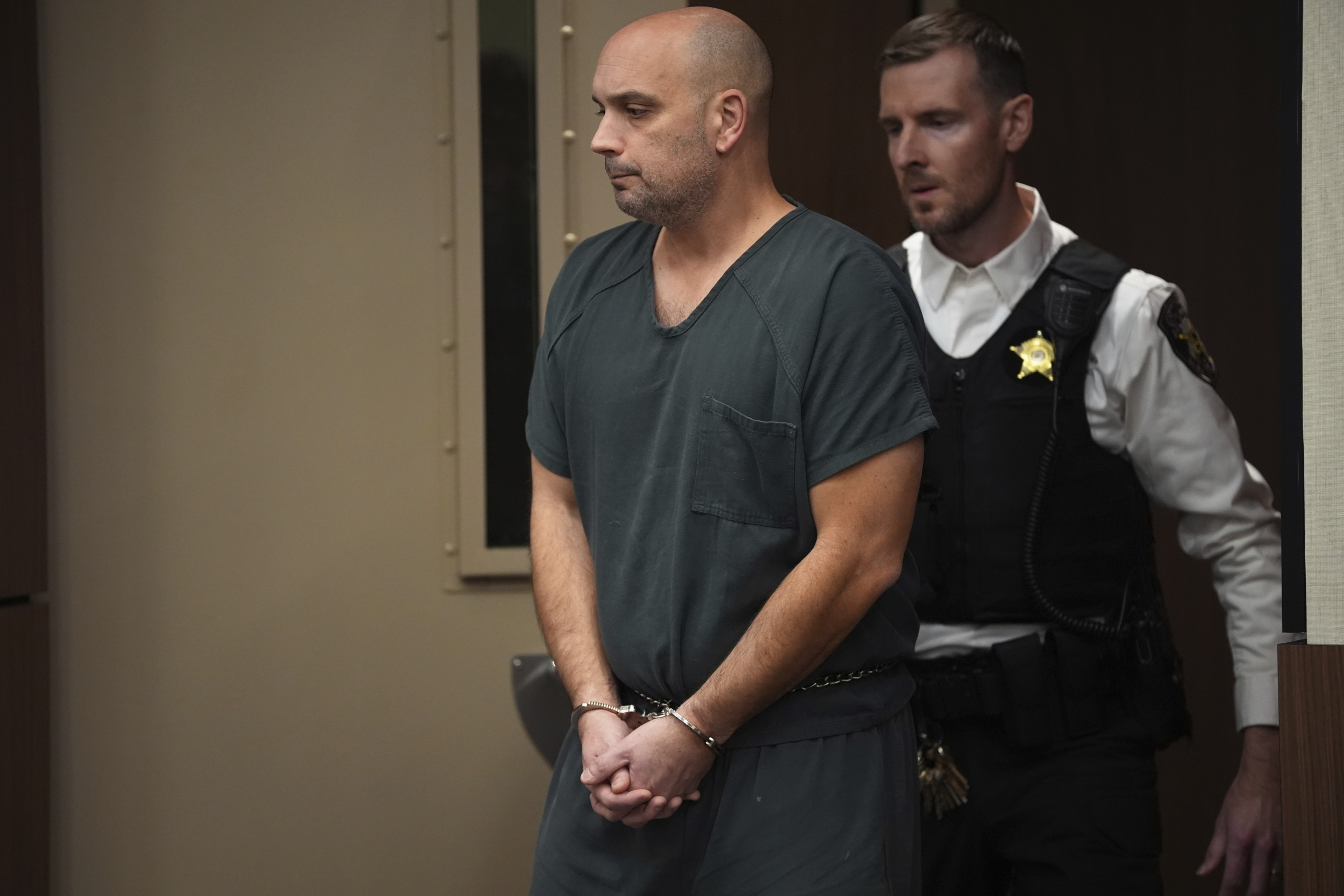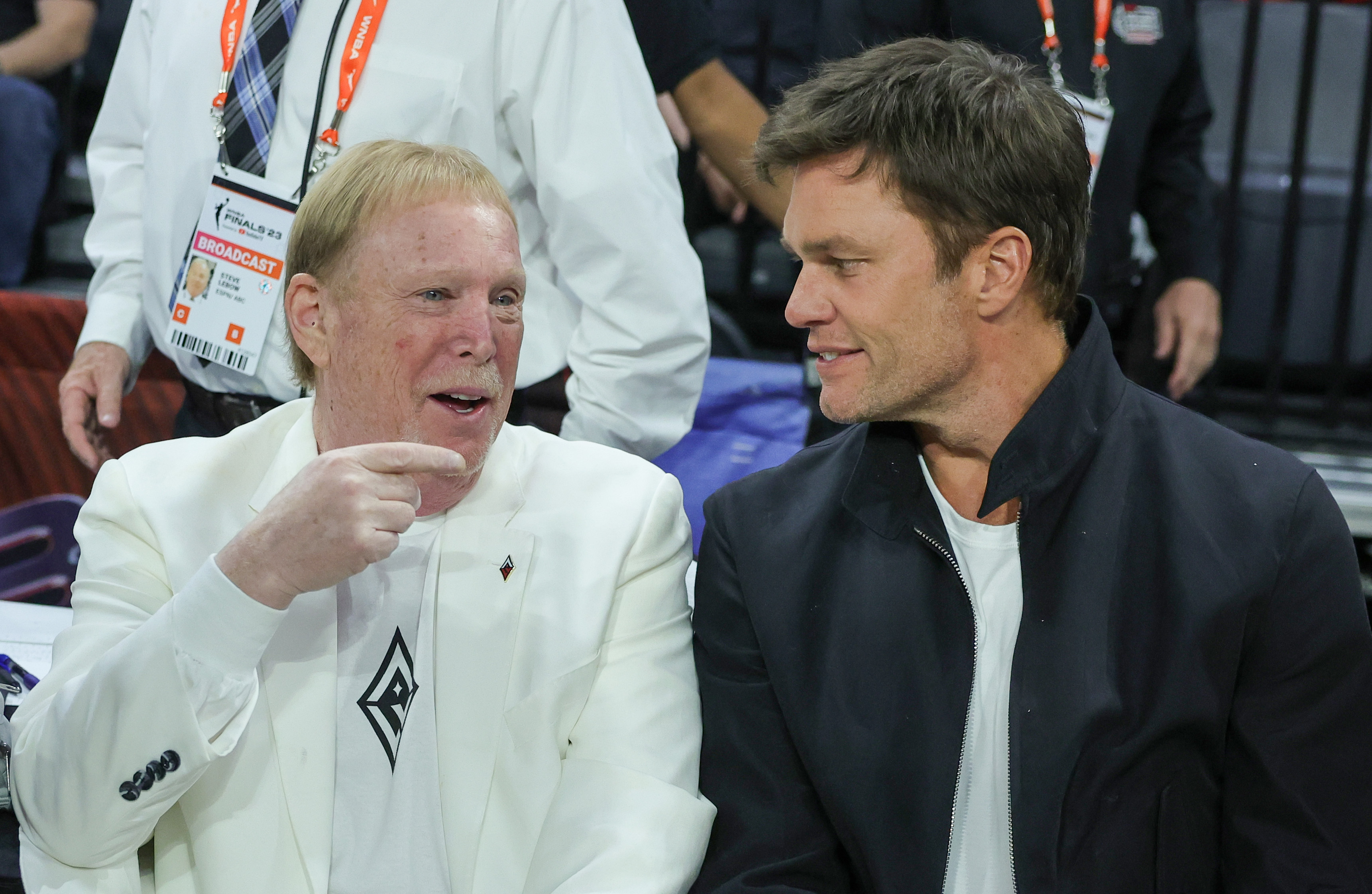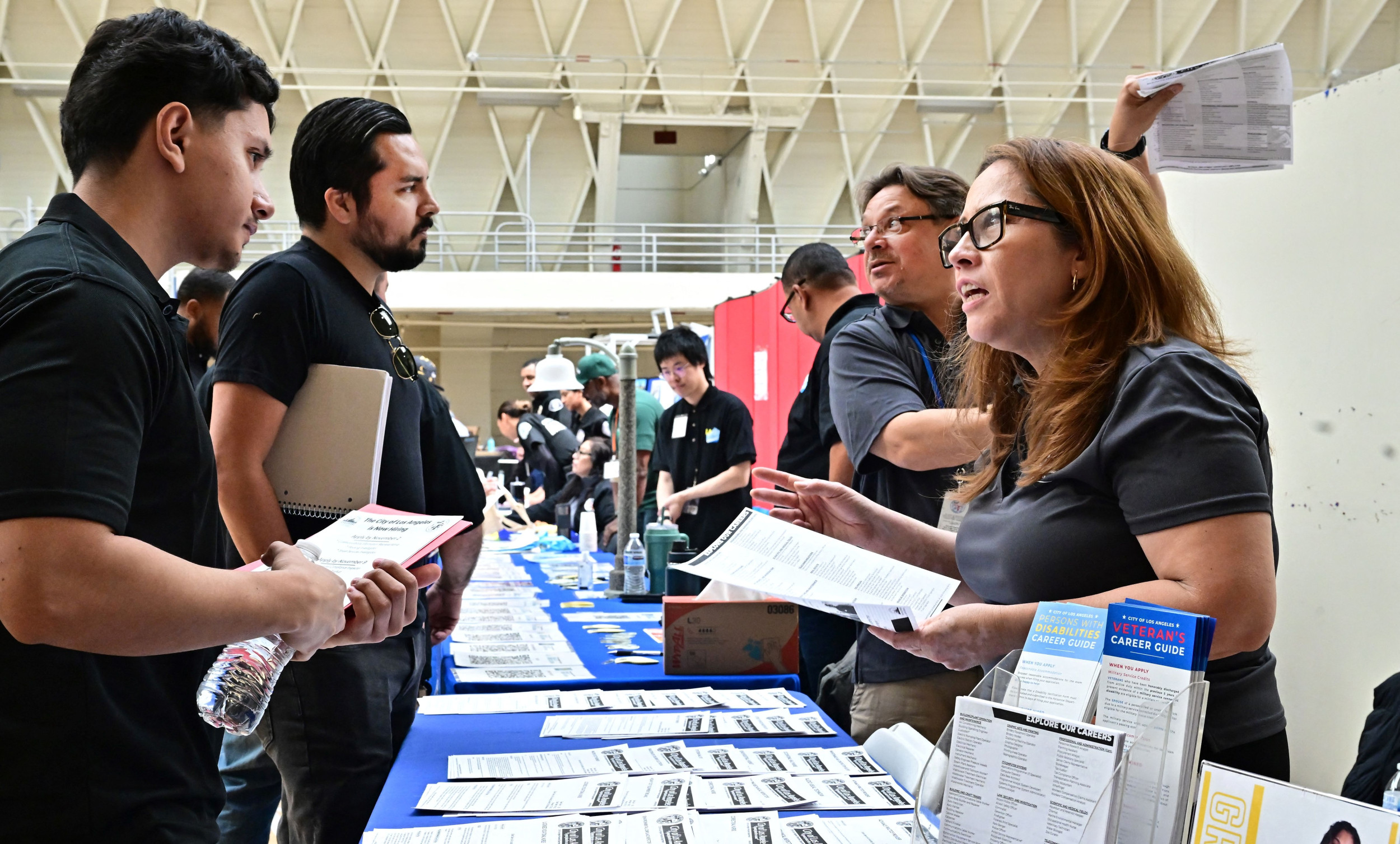Ukrainian President Volodymyr Zelensky has said that he wants to attend President-elect Donald Trump's inauguration on January 20 but has not received an invitation, during an interview with American podcaster Lex Fridman.
Newsweek has contacted the Ukrainian Foreign Ministry for comment via email as well as the Trump transition team outside of regular business hours.
Why It Matters
As Trump is set to return to the White House, Ukraine finds itself at a junction in its defense against Russia's war, and Zelensky has suggested that he may be more amenable to negotiating with Russia than he previously indicated. The relationship between the president-elect and Zelensky has been a rocky one, with the former saying he believes the U.S. has been sending too much aid to Ukraine.
What To Know
When asked about attending the inauguration, Zelensky told Fridman that he could not come during the war "unless President Trump invites me personally."
Zelensky had congratulated Trump on his "impressive" victory in the 2024 election.
Trump has repeatedly said he could end the war in Ukraine within a day. The president-elect and his advisers have reportedly come up with a peace plan that would include freezing all conflict at the front line, implementing a demilitarized zone, and allowing both countries to retain the territory they have seized.
The president-elect's peace plan would also involve delaying Kyiv's ascension to NATO by 20 years.
Although Zelensky previously dismissed parts of Trump's plan to end the war with Russia, he recently voiced his confidence that the president-elect would be able to bring "peace and end Putin's aggression" once in office.
Kremlin spokesman Dmitry Peskov said on December 12 that Trump "didn't send an invitation" to the Russian president.
Several foreign leaders have reportedly been invited to Trump's upcoming inauguration, including Chinese President Xi Jinping, though he is not expected to attend.
What People Are Saying
Speaking about Trump's inauguration, Zelensky told Fridman: "I would like to [attend], of course. I will be considering what is happening then in the war because there are moments of difficulties, escalation, many missiles, etc. But honestly, well, I can't. I can't come especially during the war, unless President Trump invites me personally. I'm not sure it's proper to come because I know that in general, leaders are for some reason not usually invited to the inauguration of presidents of the United States of America. Well, and I know that there are leaders who can simply come, want to come and will come. Yeah, I know. And I know the temperament of some of these people. They can come at their discretion. This is very, very difficult for me. I am the kind of person that cannot come without an invitation. This is Putin. We did not invite him. He came to us, so to say. And me, I can't do that."
Asked if he had invited Zelensky to the inauguration during a press conference on December 16, Trump replied: "No, but if he'd like to come, I'd like to have him. I mean, I didn't invite him, no."
In an opinion piece for Newsweek, Daniel R. DePetris, a Defense Priorities fellow at the Royal United Services Institute (RUSI), wrote: "Support for a full Ukrainian military victory, meanwhile, is getting more precarious in Europe with every passing day...All of this, combined with Donald Trump's return to the White House on Jan. 20, is having an impact on Ukrainian President Volodymyr Zelensky's calculations. The same man who once insisted that nothing short of total victory over Russia was acceptable is now talking about forging a settlement that would allow Moscow to retain the roughly 20 percent of Ukraine it now occupies, albeit temporarily."
What Happens Next
Trump's pick to serve as special envoy for Ukraine and Russia, Keith Kellogg, is expected to play a critical role in negotiations between the warring countries in the coming months.





















 English (US) ·
English (US) ·